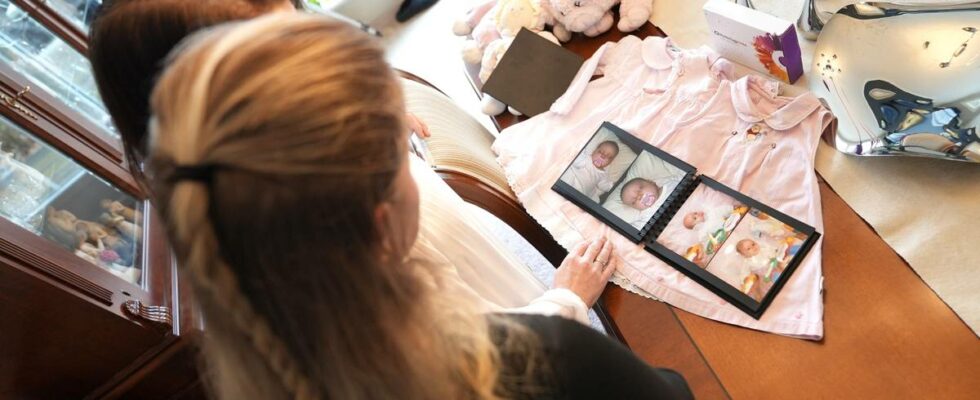– I am very relieved that he withdrew the case. I didn’t expect him to do that and I’m glad it’s over now. That’s what 18-year-old “Marie” says to news. news has chosen to anonymize her out of consideration for her father and her young age. Earlier this year, her life was turned upside down as a result of a sensational verdict in the Agder District Court. The background was that the father had gone to court to renounce paternity. In the verdict, it was established that the man she had grown up with was not her father after all, because the DNA did not match. Now the father has withdrawn the case and thus remains Marie’s legal father. news has asked the father’s lawyer, Håkon Omdal, about the reason for the case being withdrawn and has received the following comment in an e-mail. – The decision to withdraw the case was made after an overall assessment. The father did not want to be interviewed. Disputes about sperm donation “Marie” was conceived with donor sperm in Denmark in 2005 while the parents were still a couple. Last summer, her mother told her the secret. According to Marie, the relationship with her father had deteriorated at that time, and she did not want to have contact with him. She says she still didn’t foresee what was going to happen. Marie looks at albums of photos of her as a baby. Photo: Espen Bierud / news The father took the case to court as a paternity case. He believes he did not know that Marie was donor-conceived until the daughter herself confronted him about it last year. This is according to a document sent to the Agder district court, which news has previously mentioned. The father was thus successful in court, which news interviewed the daughter and her mother about afterwards. – I was very surprised and mildly shocked when the verdict came, said the mother, who appealed the sentence. She believes the father was fully aware that it was not his sex cells that were used. No new round in court In the district court, the question of using a donor was not dealt with. Only DNA tests of father and daughter are mentioned in the judgment. The Court of Appeal therefore quashed the judgment and asked the District Court to re-hear the case: “The background for this is that the District Court does not seem to have dealt with the question of paternity on the basis of assisted fertilization (insufficient grounds for judgment), cf. Children’s Act section 9, fourth paragraph(…) », says the decision from the Court of Appeal. Marie shows a picture of her father holding her as a newborn. Photo: Espen Bierud / news Because the father has now withdrawn the case, there will therefore be no new round in court. – Unanswered questions The Association for Donor Conceived Women (DUIN) has followed the case and says they are happy on behalf of those involved. – But there are a number of unanswered questions in relation to how a judge could come to that conclusion when the legislation is as it is today, says acting leader, Raymond Kristiansen Egge. Raymond Kristiansen Egge says donor-conceived people lack legal protection if only the father’s DNA can make children fatherless. Photo: Christian Ziegler Remme / news He refers to the Children’s Act provision on paternity when using a donor. This is what the Children’s Act says about paternity when a donor is used. If a man is designated as the father after a DNA analysis, a verdict must be given that he is the father. If assisted fertilization has been performed on the mother, and the husband or cohabitant has given his consent to this, a verdict must be given that he is the father, if it is not unlikely that the child was conceived by assisted fertilization. The sperm donor cannot be judged to be the father. However, this does not apply if assisted fertilization has been done with sperm from the husband or partner. Source: Law data – As the case did not get a new round, we still experience uneasiness about the fact that donor-conceived people do not have clearly defined parents in the law and that the legislation is not adjusted as biotechnology provides new ways of being. news has asked the Agder district court whether the judge may have made a mistake and applied the law incorrectly. Senior adviser Hilde Haugedal has sent the following reply: – The district court has no comments beyond stating that the district court’s decision was overturned in the court of appeal, which means that it no longer applies. Before the district court could hear the case again, the case was withdrawn. The grounds for the cancellation appear from the Court of Appeal’s decision. Published 31.10.2024, at 13.48 Updated 31.10.2024, at 13.49
ttn-69
Wanted to be deleted as father of donor-conceived daughter – now he has withdrawn the lawsuit – news Norway – Overview of news from different parts of the country

